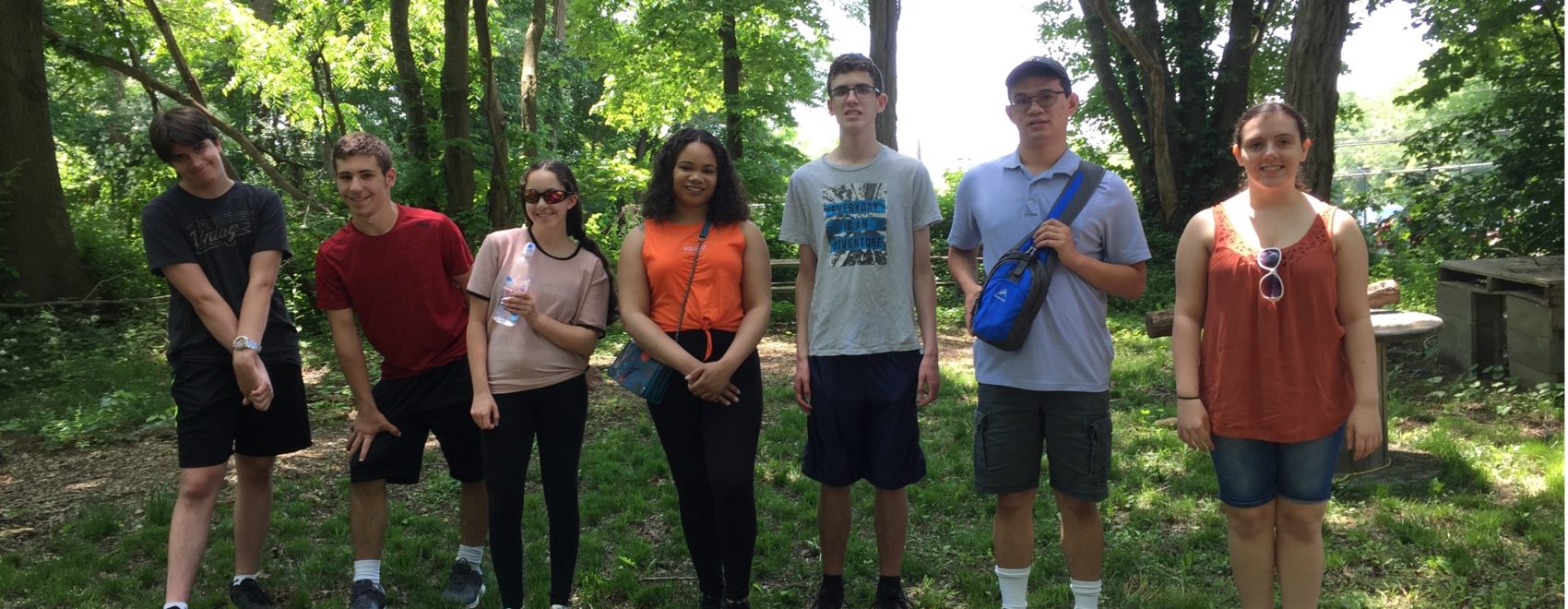The Sangha Education Center philosophy or Different Abilities Development Model is based on the fact that there is diversity in nature, and therefore in human nature, revealed through individual abilities, ideas, interests, needs and cultural identities.
The common humanity and uniqueness of all individuals reflected in the “whole-learner” approach are found in our heart-centered learning programs inspired by nature, working with young people (and all community-members) who have a range of abilities and needs. Cultivating our different abilities is critical for success and the betterment of our society, while intricately bound to the well-being of Earth.
Components of our Different Abilities Development Model philosophy include:
- Understanding the rights and duties of citizenship in a democratic society with civic responsibility as a form of stewardship for one another and Earth.
- Developing an “ecopsychological” mind-set where human interdependence with the natural environment is acknowledged as necessary for mental and physical well-being, supporting the learning community as a whole.
- Enabling higher level thinking skills through academic knowledge (theory) paired with hands-on, experiential learning (practice) to reach and teach all kinds of learners.
- Providing alternative pathways to learning and skill-building through community exposure and project-based learning methods in the areas of nature, history, art, media, music, drama, movement, role-play, science and related vocational crafts to encourage consistent participation and engagement in curriculum.
- Formulating interdisciplinary, strength-based learning with talent development opportunities to replace resistance to learning and increase performance through positive learning experiences.
- Supporting social-emotional health and self-determination through concepts in Positive Psychology while considering (and/or) addressing unsolved problems and building lagging skills through Collaborative & Proactive Solutions (CPS).
- Establishing mentoring with peers and passion-sharing adults that promotes self/social acceptance and belonging, while minimizing anxiety as our young people begin to discover a place of wonder within themselves, others and the natural world.
- Creating a community of care, cooperation, and compassion where everyone is able to find meaning in learning, can grow at their developmental pace, and be valued for who they are and how they learn.

